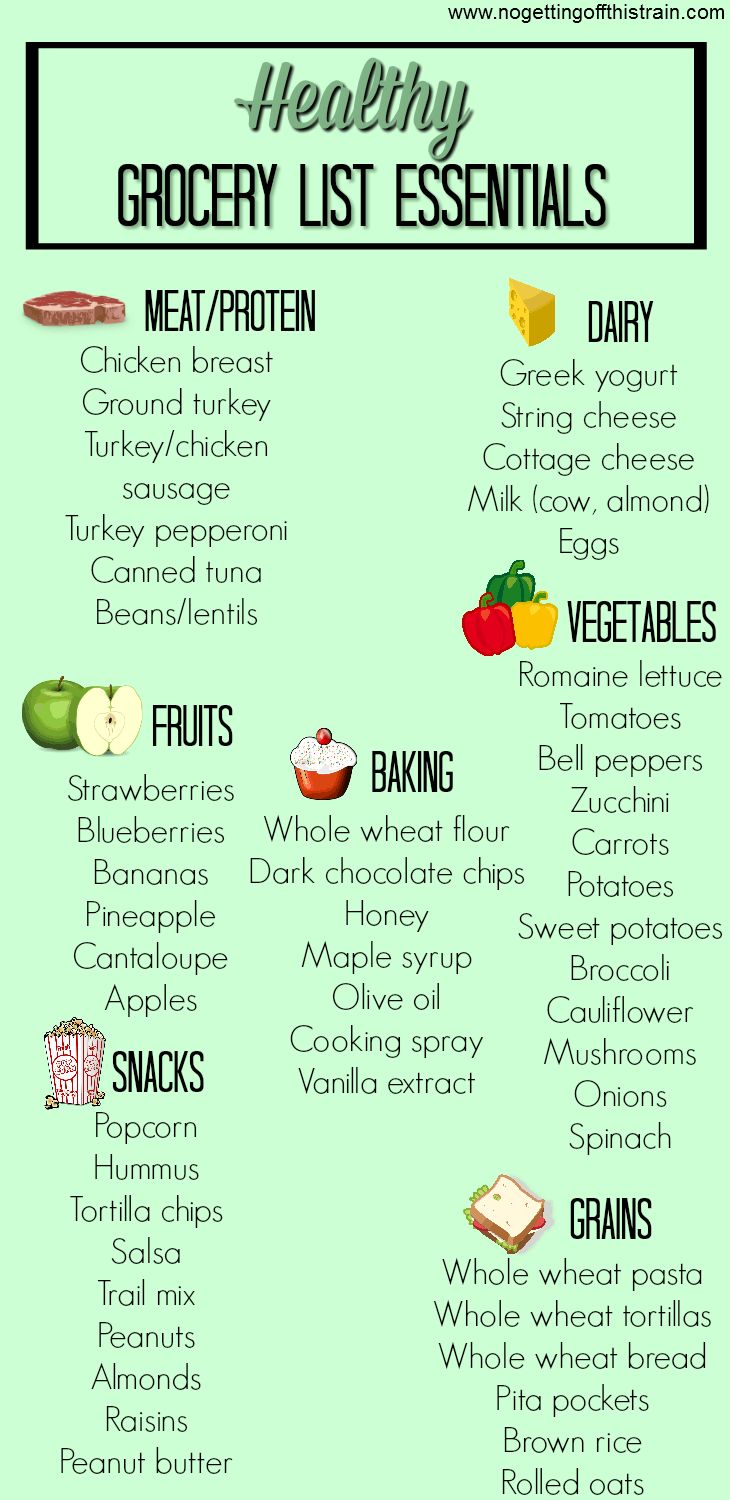
Although there are many factors that increase the likelihood of getting a mental illness, understanding how your emotional health can be beneficial is key. Even though you may not have the ability to control your emotions completely, it is important to recognize them and keep them in context. It's possible to maintain your mental health by developing emotional wellness. Here are some tips for encouraging your emotional health.
You can improve your emotional health by learning to recognize your emotions and how to express them constructively. Think about what you want to do next when you feel anger. Identifying your feelings can help you diffuse the intensity of your emotions and work through them. If you feel scared, think about what you will do next. There are many ways to improve your emotional health every day.

You can improve your emotional well-being by learning how to engage with it. It is possible to learn to ask why you are feeling this way or to express negative emotions in more productive ways. If you have a close friend or family member, you can confide in them. These relationships promote emotional health and help you to overcome difficulties. You can also use these relationships as a way to gain a better understanding of yourself.
Meditation and mindfulness can help you manage your emotions. You will become more self-aware. The best way to improve your emotional health is to take responsibility for your actions. You are responsible for the choices you make and your actions. You can also make better choices like limiting your consumption of alcohol or caffeine. They can have negative effects on your body. They can have negative effects on your body. It is important to recognize when it is you are feeling depressed or down, and to try to change the things that might be making you feel this way.
An additional way to achieve emotional well-being is through a daily schedule of service. It is crucial to be capable of handling stress and dealing with difficult times. You can build friendships with other people by participating in service activities. It is crucial to be aware and active about your environment and who you interact with. In the same vein, you can also give back by serving others. Your community can be served by you reading the Bible or singing praises to God.

An emotional lifestyle is important for your overall health. This will help you deal with life's major events and challenges. You will have more self-awareness if you have healthy emotions. If you are experiencing a stressful situation, you can change your thoughts to be more positive. Your mental health is key to your ability to manage stress better. It will be easier to manage it in a healthy manner.
FAQ
What causes weight loss as we age?
How do I know if my bodyweight changes?
When there is more muscle mass than fat, weight loss can occur. This means that calories must be consumed at a rate greater than energy. Low activity levels are the most common cause for weight loss. You can also lose weight due to stress, illness, pregnancy, hormonal imbalances and certain medications. Weight gain is when there are more calories than muscle mass. It occurs when people eat more calories than what they use in a given day. Common reasons include overeating, increased physical activity, and hormonal changes.
The primary reason we lose weight is that we consume less calories than what we burn. The main reason we lose weight is because we exercise more often. This increases our metabolism rate and burns more calories each day. However, this doesn't mean that we'll necessarily get thinner; what matters is whether or not we're losing fat or gaining muscle. We will lose weight if we burn more calories than we consume. But if you consume more calories than you burn, you're actually storing them for fat.
As we get older, our movement speed slows down and so we move less. We also tend eat less than we used to. This is why we tend to gain weight. We also tend to look larger because we have more muscle.
Without weighing yourself each week, there is no way to know how much weight you have lost. There are many methods to measure your weight. You can check your waist size, your hips, your thighs, your arms, etc. Some people prefer to use a bathroom scale while others prefer to measure with tape.
You can track your progress by weighing yourself at least once per week and measuring your waistline every month. You can also take photos of your self every few months to track how far you've come.
Online, you can find out your height and weight. If you're tall at 5'10", and weigh 180lbs, your weight would be 180.
What are the ten best foods to eat in America?
These are the 10 best foods you can eat:
-
Avocados
-
Berries
-
Broccoli
-
Cauliflower
-
Eggs
-
Fish
-
Grains
-
Nuts
-
Oats
-
Salmon
Take herbs and other supplements to improve your immunity
Natural remedies and herbs can be used to increase immune function. Examples include ginger, garlic and oregano oils, echinacea, vitamin C, ginkgo loba, and echinacea.
These herbal remedies shouldn't be considered a replacement for medical treatment. These herbal remedies can cause nausea, vomiting, stomach cramps or dizziness.
Statistics
- This article received 11 testimonials and 86% of readers who voted found it helpful, earning it our reader-approved status. (wikihow.com)
- According to the Physical Activity Guidelines for Americans, we should strive for at least 150 minutes of moderate intensity activity each week (54Trusted Source Smoking, harmful use of drugs, and alcohol abuse can all seriously negatively affect your health. (healthline.com)
- According to the 2020 Dietary Guidelines for Americans, a balanced diet high in fruits and vegetables, lean protein, low-fat dairy and whole grains is needed for optimal energy. (mayoclinichealthsystem.org)
- WHO recommends consuming less than 5% of total energy intake for additional health benefits. (who.int)
External Links
How To
What does the "vitamins” word mean?
Vitamins are organic compounds that can be found in foods. Vitamins are necessary for us to absorb nutrients in the foods we consume. Vitamins are not made by the body, so they must be obtained through food.
There are two types: water-soluble and fat-soluble vitamins. Water soluble vitamins dissolve easily in water. These include vitamin C (thiamine), Vitamin B1 (riboflavin), Vitamin B2 (riboflavin), Vitamin B3 (niacin), Vitamin B6 (pyridoxine), Vitamin C, B1 (thiamine), Vitamin B2 (riboflavin), Vitamin B3 (niacin), and Vitamin B6 (pyridoxine). Fat soluble vitamins are stored in the liver and fatty tissue. Vitamin D, E, K and A are some examples.
Vitamins are classified according their biological activity. There are eight major types of vitamins:
-
A - essential for normal growth and maintenance of health.
-
C is important for nerve function and energy production.
-
D - Vital for healthy bones and teeth
-
E is needed for good reproduction and vision.
-
K - Required for healthy nerves and muscles.
-
P - vital for building strong bones andteeth.
-
Q - Aids digestion and iron absorption
-
R - Required for red blood cell production
The recommended daily allowance of vitamins (RDA), varies according to age, gender, physical condition, and other factors. The U.S. Food and Drug Administration, (FDA), sets the RDA value.
For adults aged 19 and older, the RDA for vitamin B is 400 micrograms daily. For fetal development, pregnant women need 600 mg per day. Children ages 1-8 require 900 micrograms per day. Children under 1 year old require 700 micrograms daily, while infants over one year old need 500 micrograms every day. This decreases between 9 and 12 months.
Children aged between 1-18 years require 800 micrograms of sugar per day, while overweight children need 1000 micrograms. Children who are underweight receive 1200 micrograms every day to meet their nutritional requirements.
Children ages 4-8 years who have been diagnosed with anemia need 2200 micrograms per day of vitamin C.
2000 micrograms is the minimum daily intake for adults over 50 years old to maintain good health. Due to their increased nutrient needs, pregnant and breastfeeding women need 3000 micrograms daily.
Adults over 70 need 1500 micrograms daily, as they lose 10% of their muscle every ten years.
Women who are pregnant or nursing need more than the RDA. Pregnant and breastfeeding women require 4000 micrograms each day during pregnancy and 2500 Micrograms each day after delivery. Breastfeeding mothers need 5000 mg per day when breastmilk is being produced.